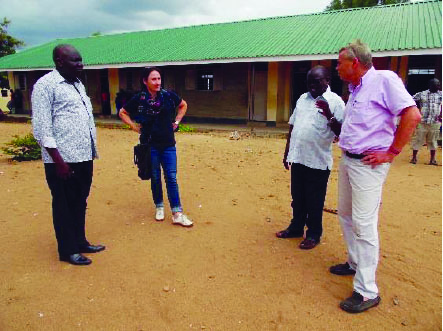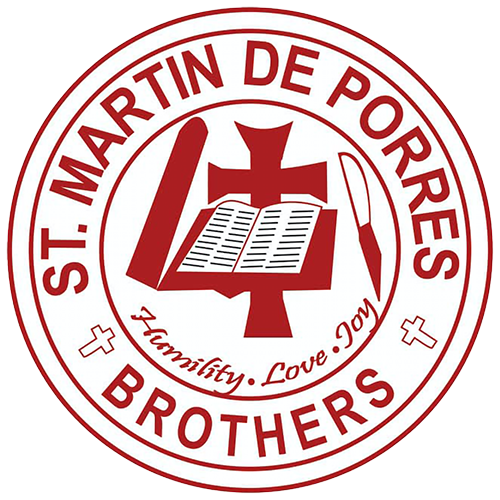Bro .Augusto Memorial Primary School – KIT, Juba
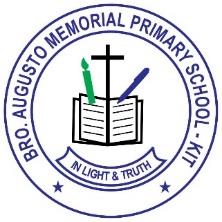
Our work
We offer education in a caring Christian environment, within which pupils can realize their Spiritual, Intellectual, Social and Physical Potential.
At Bro. Augusto Memorial Primary School – Kit, we are proud of our friendly and welcoming atmosphere. Each child is nurtured and understood by our caring Brothers and Teachers who take time to listen and discuss.
We give due consideration to the following core values so as to achieve our objectives, live our mission and realize our vision; Prayer, Honesty, Self-Control, Thinking big, Respect, Obedience and Generosity.
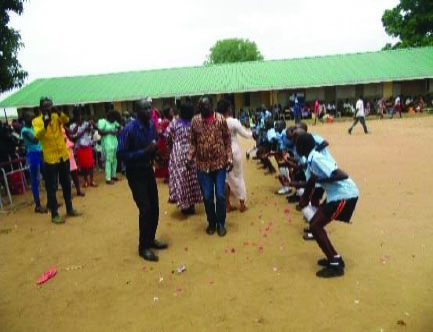
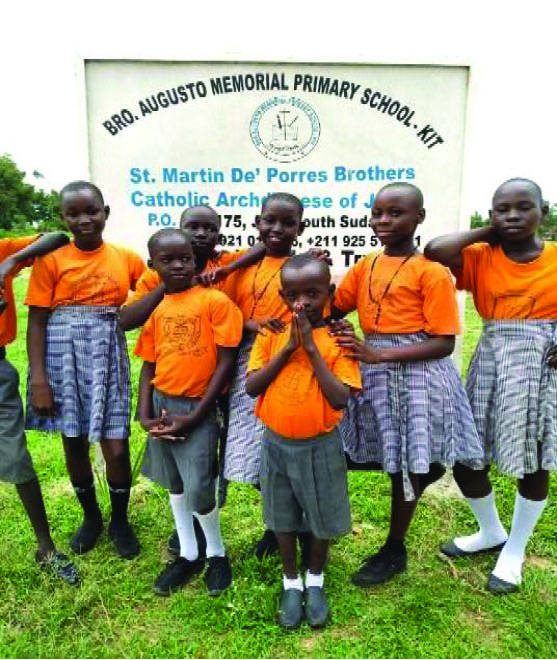
Bro. Augusto Memorial Primary School is a Catholic founded school owned and run by the Brothers of St. Martin De Porress in the Catholic Archdiocese of Juba. The Brothers were formerly known as Sudanese Teaching Brothers. The school was named in memory of one of our elder Brothers who already went to join the Lord, Rev. Bro. Augusto Lopeta, commonly known as “Lokinekine.”
The school started as a community school in 2014 under a tree in the current Brothers’ community in Kit, and it was majorly taking care of children of soldiers of the two barracks that were in Kit at that time and a few children of parents who were working in Good Shepherd Peace center – Kit.
As time went by, the Superior and his Council managed to build a four-class room block, thereafter, the children were transferred from under the tree of the brothers’ community to the already built classroom block.
After a year, another classroom block was built which made it a full pledged school with eight (8) classrooms. However, learners were very few to accommodate the eight classrooms, and the Brothers decided to bring Children of the lepers they had been looking after up to now from Leper Colony known as Luri Rokwe, they used part of the block as a dormitory, and that was the beginning of Bro. Augusto Memorial School becoming a boarding Primary school.
As time went on, a number of parents asked the Brothers if they could bring their children too from Juba, and with the already existing PTA executive, they decided to allow a few learners, whereby a Four classroom block was turned into a dormitory, two classrooms were given to girls and two for boys with lay teachers residing inside the school compound while the Brothers in their community.
With a termly development fee decided by parents from each child, a smaller four classroom block was constructed which eased the teaching space for learners and teachers especially the small ones who were being taught under the mango trees in the compound.
Again, through the Superior General, another donation was got and this time it was given specifically to build two dormitory blocks for girls. This was a great achievement and a blessing which increased to the intake of the number of girls in school given that they had already got enough space to sleep.
And the two rooms that were formerly occupied by the girls were given to boys which also increased the intake of the number of boys.
“Schools enable young people to acquire the knowledge that,
for most of them, cannot be acquired at home or in the community.”
(Michael Young, 2016).
Objectives
